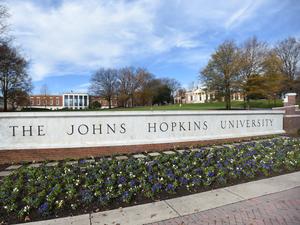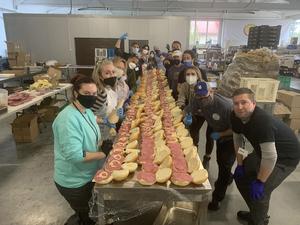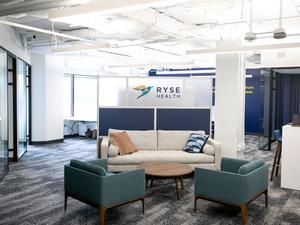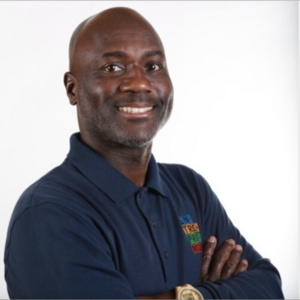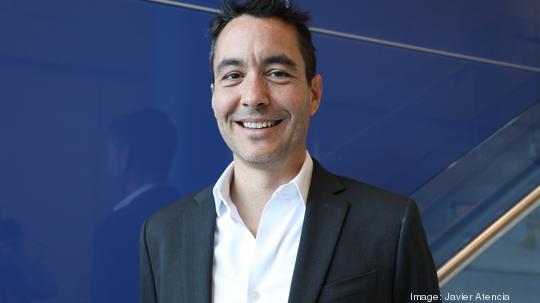
A College Park startup that aims to increase the speed of food safety testing recently reached a milestone with the certification of its test sample preparation process.
Pathotrak's process enables food safety testing to occur in six hours instead of 22-48 hours by reducing the amount of time labs have to incubate food samples in order to test them for pathogens. To reach a critical mass of bacteria for testing, food samples have to be incubated to allow bacteria to grow. Pathotrak uses microfiltration to create an environment where pathogens can reproduce quickly, allowing for faster testing.
The product is now certified by the Association of Official Agricultural Chemists International to detect salmonella and E. coli in romaine lettuce. The AOAC, founded in 1884, sets industry standards for food safety technology. When the Food and Drug Administration does not have specific regulations around a method of analysis, the AOAC standards are used.
The amount of time testing currently takes often makes it more difficult to prevent outbreaks, since there is a gap of time between testing and harvest when contamination can occur. Most producers do not test after harvesting because of the relatively short shelf life of leafy greens, CEO Javier Atencia said.
“They used to call it the main bottleneck of food safety,” said Atencia, referring to sample preparation. "They call it the 100-year problem in microbiology."
The company hopes to sell to microbial labs that are directly involved in testing food. The demand for testing food after harvest has increased due to recent outbreaks of E. coli, Atencia said. An E. coli outbreak in March led to four hospitalizations and one death across four states, according to the Centers for Disease Control and Prevention.
“The opportunity is huge,” Atencia said. “Food safety is a market of over $10 billion. There is always more demand for testing because of public pressure due to outbreaks.”
Pathotrak recently signed its first customer in Salinas Valley, California, and will now apply its technology to four other leafy greens. The company's next step — funded by a $884,848 grant from the National Science Foundation — will be to apply the technology to meat products.
Atencia founded the company in 2014, inspired by his work at the National Institute of Standards and Technology. Someone from the FDA saw Atencia’s research and told him about the importance of reducing the time it takes to complete food safety tests. The founder then reached out to the University of Maryland to help commercialize his research. That's where he met the company's chief financial officer, Akbar Dawood.
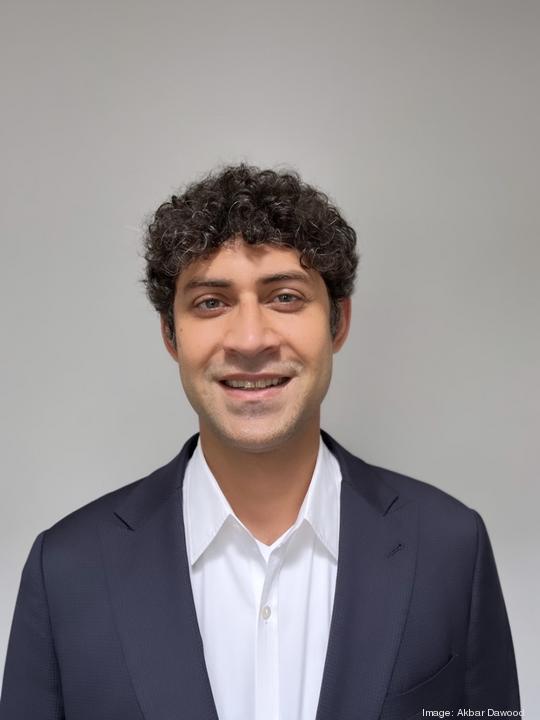
“I believe we can change how food safety is performed here and in Europe,” Atencia said.
The company previously raised $1.2 million in a seed round in 2020. Other notable investments include $112,000 from the state-backed Maryland Technology Development Corp., $150,000 from the Maryland Momentum Fund, and $310,000 from the Dingman Center Angels.

